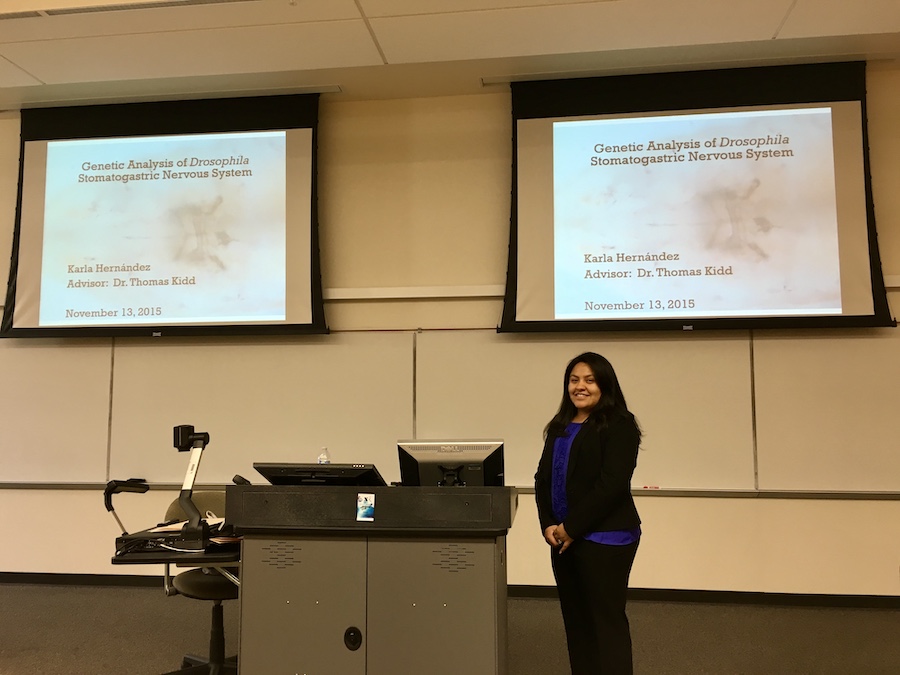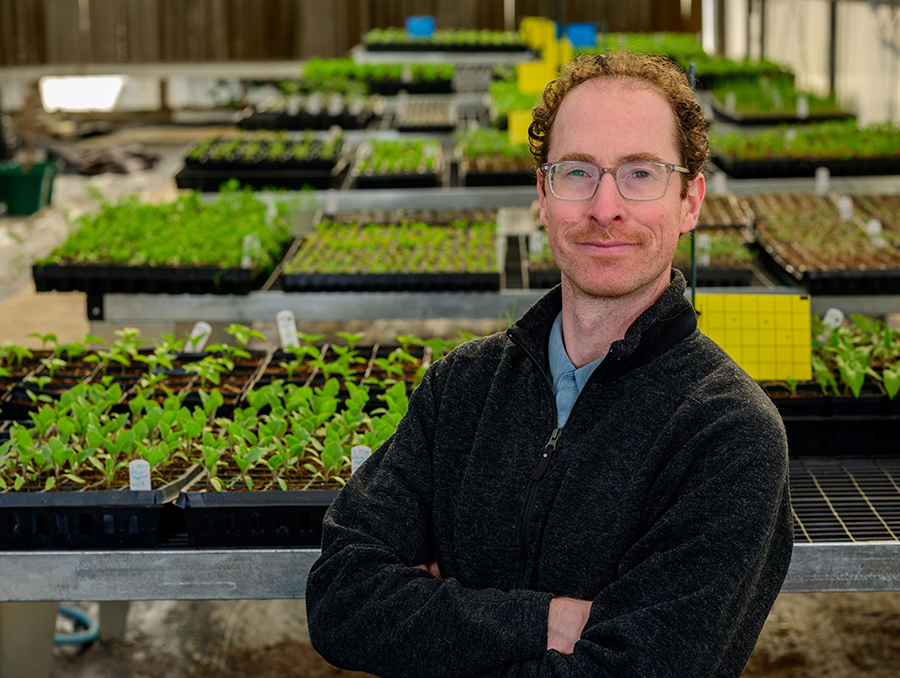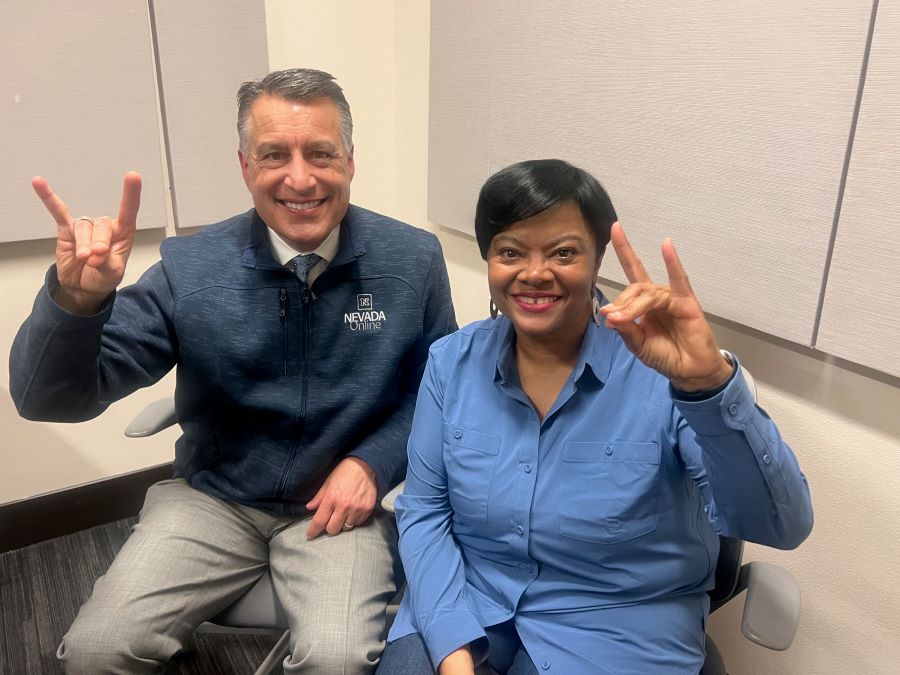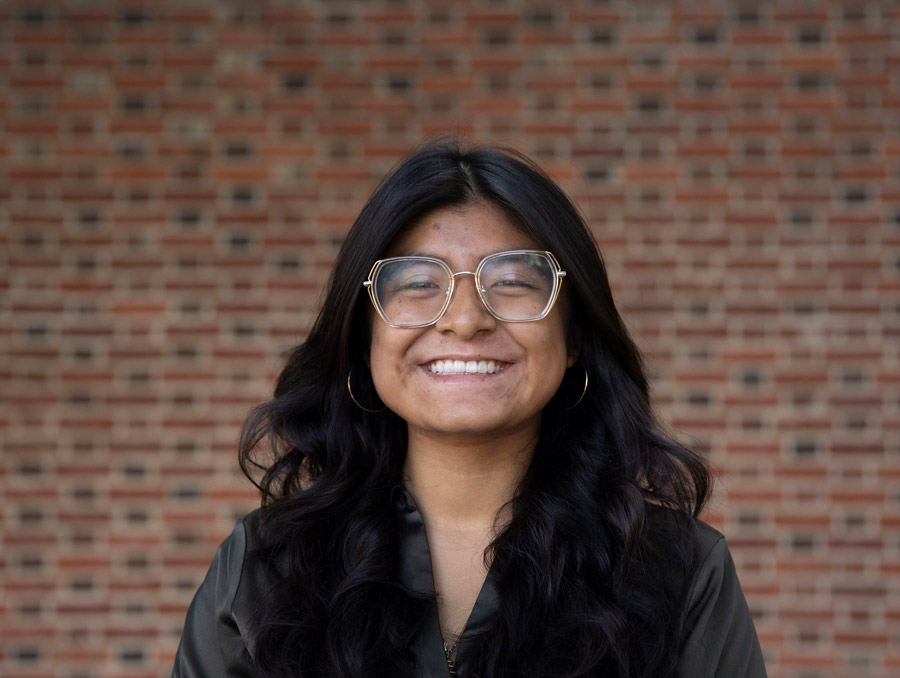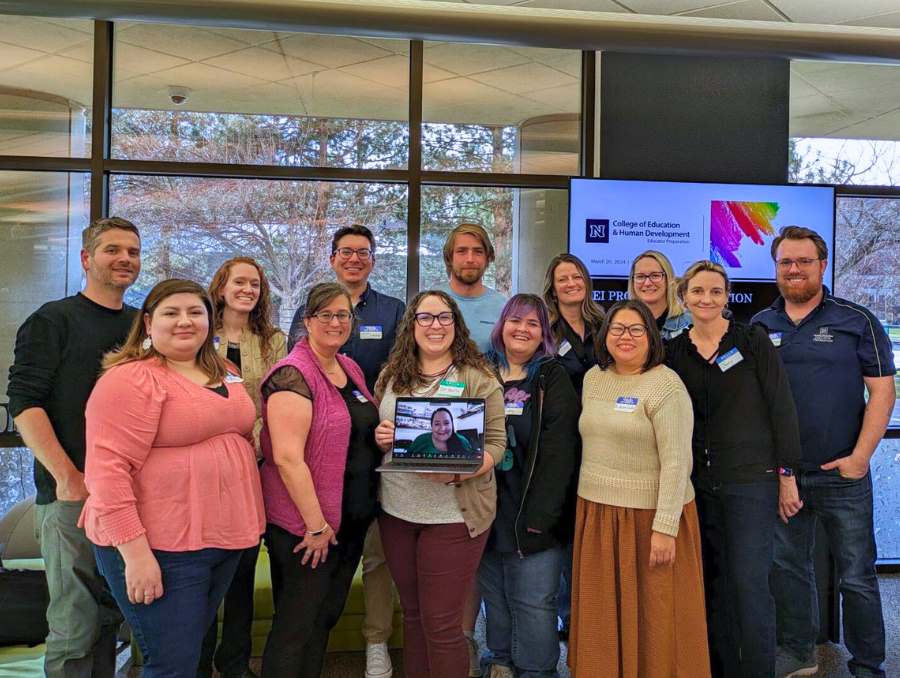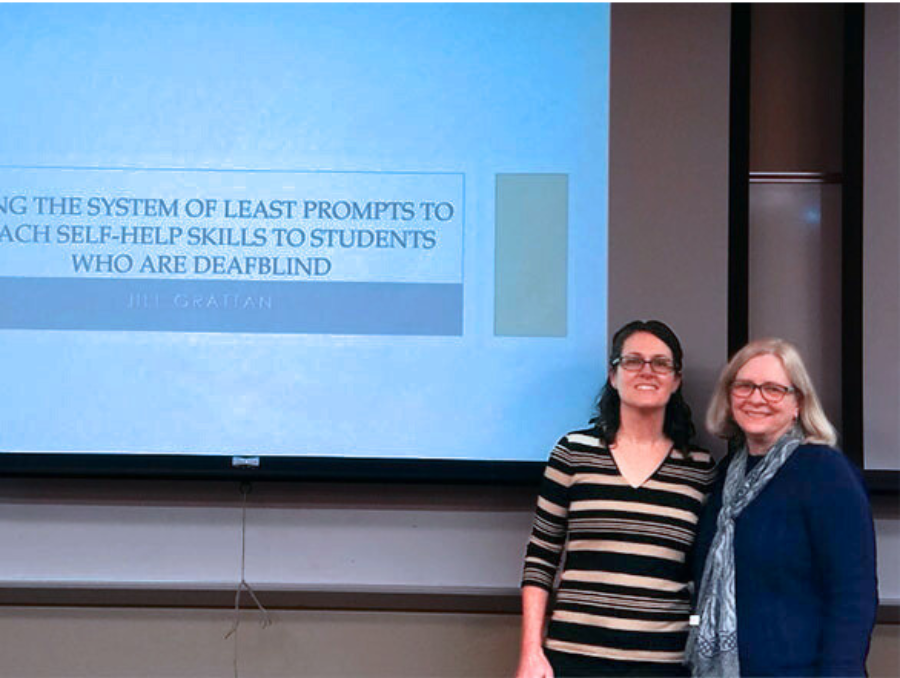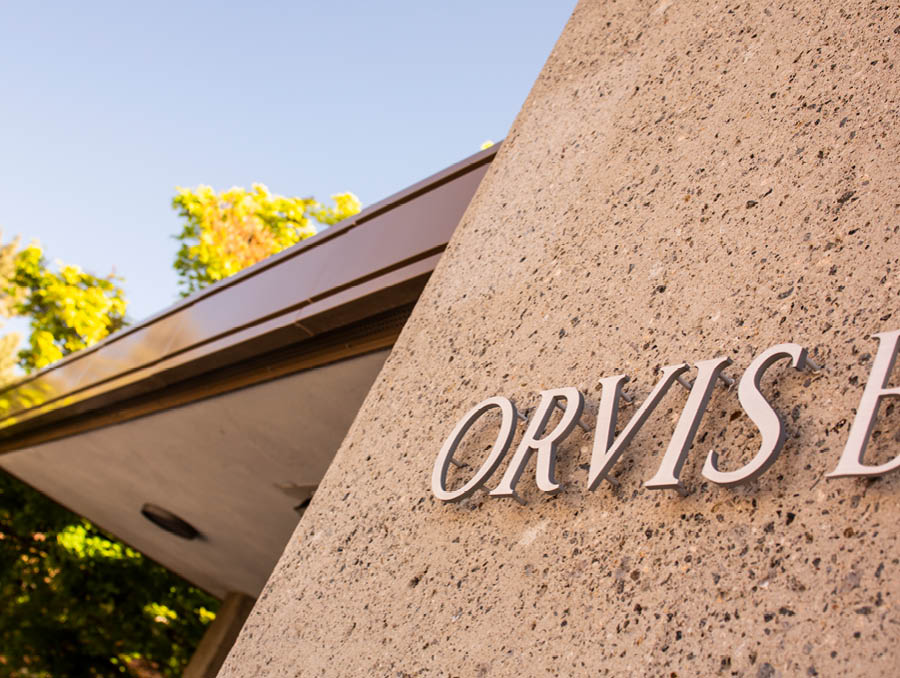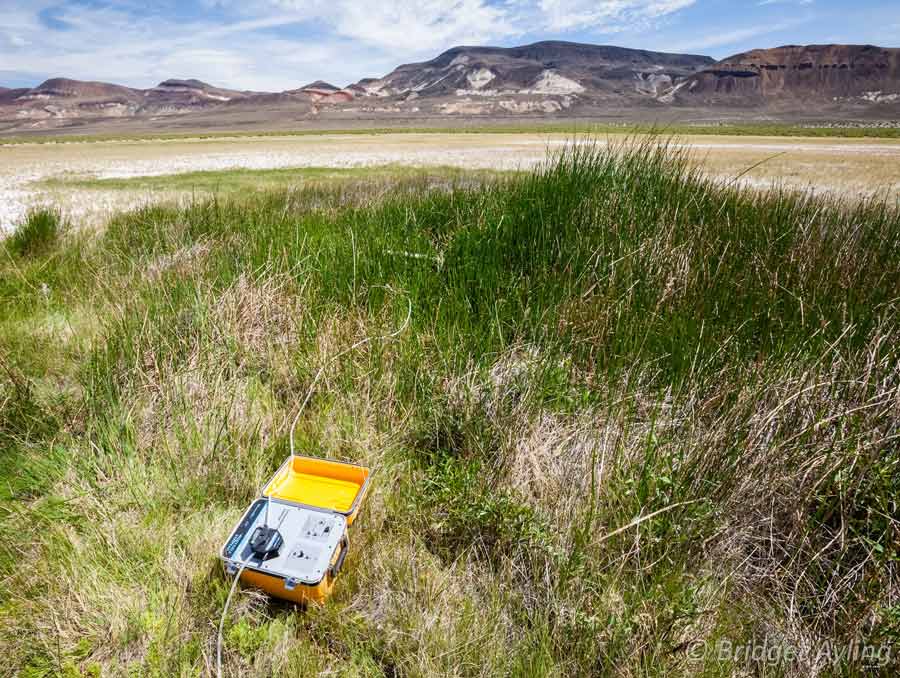Social injustice.
It’s a word that embodies not only the poor, but also the homeless and the person you see walking down the street picking cans.
Intervarsity Christian Fellowship, a club on campus that is part of wider organization, recently took students to the Tenderloin District of San Francisco to expose them to issues of poverty and social injustice. Intervarsity Christian Fellowships meets Thursday nights in the Ansari Business Building’s Room 106 at 8 p.m.
The San Francisco event was called Jesus, Justice and Poverty (JJP). Overall, 225 students from the University of California, Berkeley, the University of California at Davis, University of the Pacific, the University of Nevada, Reno, and Truckee Meadows Community College took part in this event.
The Tenderloin District in San Francisco is between Market Street and Union square, an affluent area in San Francisco. According to Maria Young, a student who went on the event, the trouble and hardships that occur in this area of San Francisco is often overlooked.
“The purpose of all of this was to come to the realization of what it is that society has been overlooking,” said Young, who hopes to graduate from the University in May 2009 with a dual degree in psychology and nutrition.
“The Tenderloin community is the unwanted, the forgotten about, and the hidden part of San Francisco,” added Amy Hauptman, a 2006 UC-Davis graduate and staff member for Intervarsity Christian Fellowship. “Just walking around the Tenderloin, the makeup of the community is intriguing. For those that live there, it is easier to find a liquor store, a bar on every corner, rather than a grocery store.”
During the day, the students were able to attend talks on several topics including sex trafficking and intentional displacement. It was an event to discover/rediscover religious teachings on poverty and injustice, serve the community there, and to help the participating students gain a new perspective.
In the evenings, students were given the option of sleeping at a church, finding a single room occupancy (SRO) or spending an evening on the streets. Students were able to talk to those who lived in the district, the homeless and the transients. The students could ask about their lives, how they survived and what led them to this point.
“The most surprising thing is that we went there hoping to make a change — even as irrational as that sounds, how can we help these people in only two days? — but came back realizing that change that was made was within us,” Young said. “We had taken these people and their spirits and dreams with us. They had touched OUR lives.”
Matthew Reid, another student attendee, has been interested in social injustice for a year or two. Even with this interest, he has never taken a step outside of his comfort zone. Jesus, Justice and Poverty was his chance to change that.
“This experience related to social injustice in the sense that it allowed us to know the homeless,” Reid said. “It gave them faces and hearts, it gave them stories and lives … this experience showed me that these people love and care and breathe, but it also showed me that these people cry, and hunger, and thirst, that they are cold, and that they seek kindness, a kindness so often denied by ‘society.’”
Reid, a student at Truckee Meadows Community College, continued, “It is important to college students because as we eat, someone starves, as we sleep in the comfort of our dorms or apartments or homes, someone sleeps in the comfort of an alley. It is important because we have the ability to help the poor. The real question is do we have the heart or the will?”
The experience did indeed help shape perspectives and inform.
“Before coming to San Francisco, I had not realized that sexual slavery was something to be found in the United States,” Hauptman said. “Many massage parlors in San Francisco probably have trafficked women from other countries, but these women who may not speak English, who live in fear, and are threatened to pay off ‘debts’ by working as prostitutes, how can they free themselves?”
“As a society we don't want to see the homeless, we pack them in areas like the Tenderloin and forget about them,” Reid added. “We took with us the stories and the friendships, we took with us a glimpse of the heart of the poor, and with this glimpse we can share what we saw with those we know.”
Each of these people came back with stories, stories of the invisible in our society.
As students, they had the ability to see the world through a different light.
Social injustice … a word we all know.




